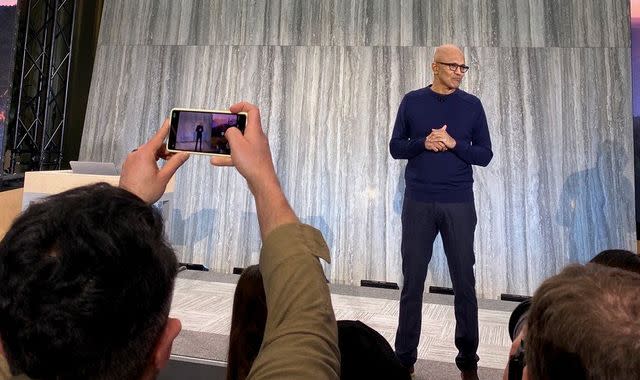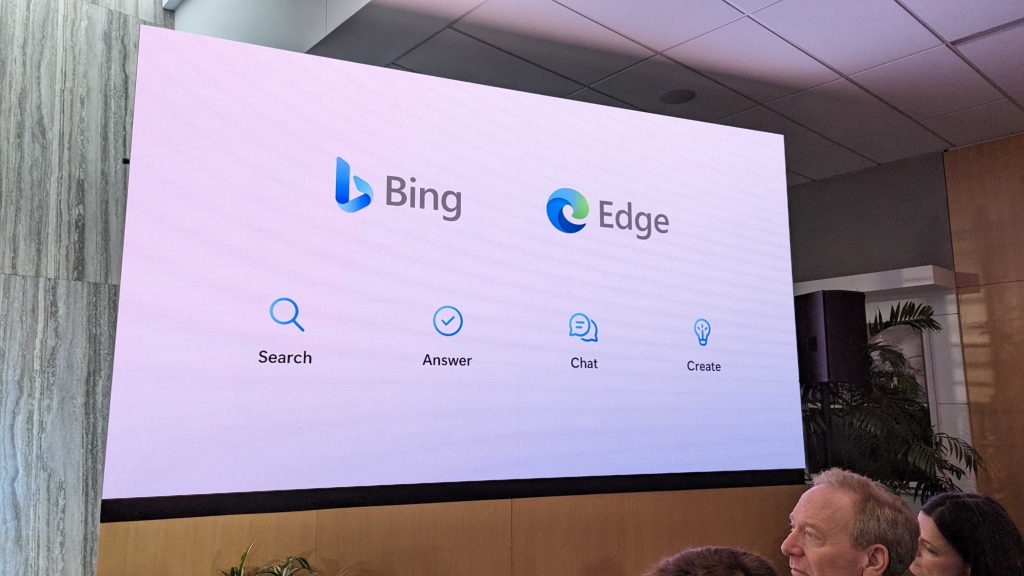The launch of ChatGPT last year appears to have accelerated what tech giants had planned for artificial intelligence, with Google and now Microsoft revealing how search engines will be freshened up by the technology.
Microsoft has recently unveiled a new artificial intelligence (AI) powered model for Bing, its search engine. The model, called Bard, has been touted as being even more powerful than OpenAI’s GPT-3-based language model, ChatGPT.
“Search has remained the same since the last major inflection,” Microsoft corporate VP Yusuf Mehdi said at the event on Tuesday announcing the update, adding that “the user experience is the same as 20 years ago.” For nearly two decades, Google’s search engine industry has been extremely successful, with almost no competitors. That could all change with the new improved Bing and Edge browsers, which have included the same technology developed by the ChatGPT creators.

Unlike Bard, which is now exclusively available to “trusted testers,” anybody may visit Bing.com to try sample queries and join up for the waitlist, according to a blog post from Microsoft. While the AI-powered Bing is currently only accessible in a limited preview on desktop, the firm plans to expand the preview to millions in the coming weeks.
According to Microsoft, Bard uses a multi-layer transformer architecture and has been trained on a massive corpus of text data to produce high-quality text completions and generate answers to natural language questions. In contrast to ChatGPT, which is based on unsupervised learning, Bard has been fine-tuned with supervised learning to better understand the context of questions and provide more accurate answers.
The company claims that Bard’s advanced AI capabilities have led to a significant improvement in the quality of search results on Bing. It can provide users with relevant answers to a wide range of queries, from simple factual questions to complex and nuanced inquiries. The model can also generate complete articles on various topics, making it an invaluable tool for content creators and marketers.

Moreover, Microsoft has designed Bard to be user-friendly, with a simple and intuitive interface that allows users to easily find what they are looking for. The model also integrates with Bing’s existing features, such as its voice search function and image search, to provide a more comprehensive search experience for users.
In conclusion, Microsoft’s unveiling of Bard is a significant development in the field of AI-powered search engines. With its advanced capabilities and user-friendly design, it is poised to compete with existing models and provide users with even better and more relevant search results. The development of Bard also highlights the increasing importance of AI in the field of search engines and the potential it holds for the future of information retrieval.


